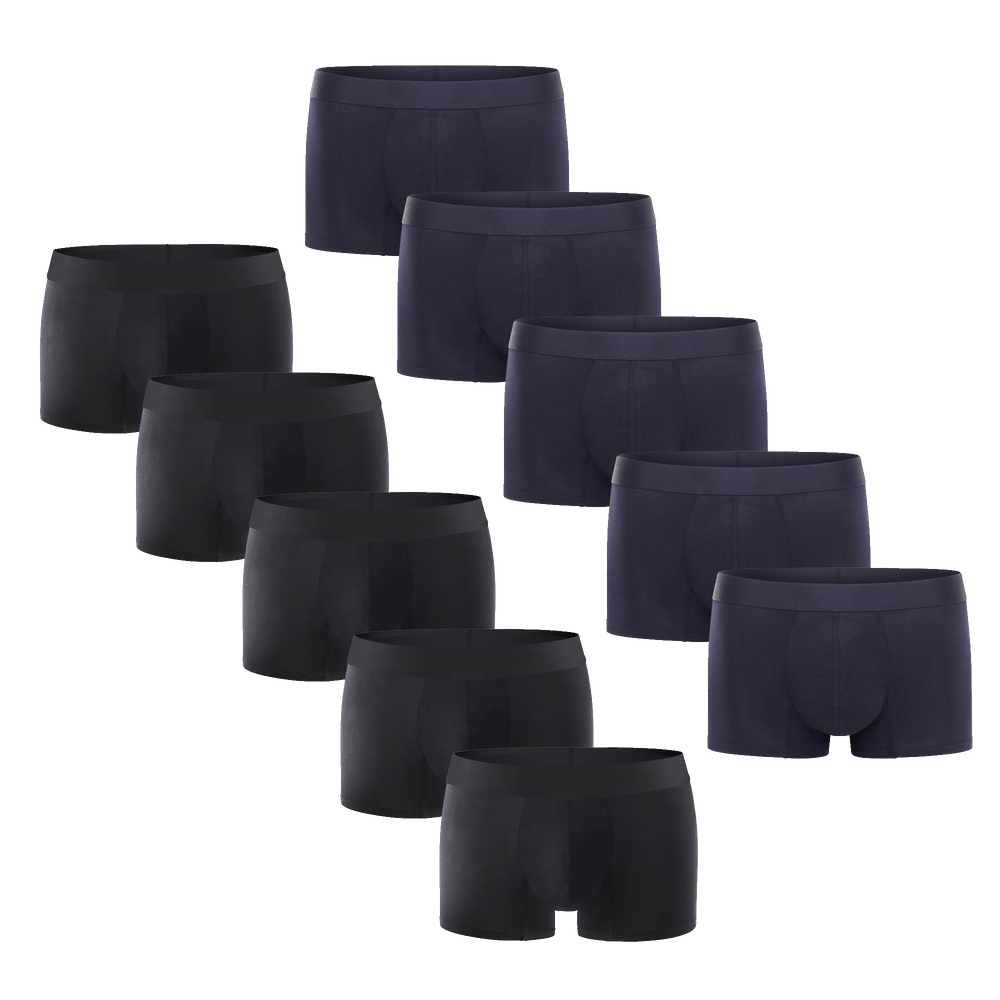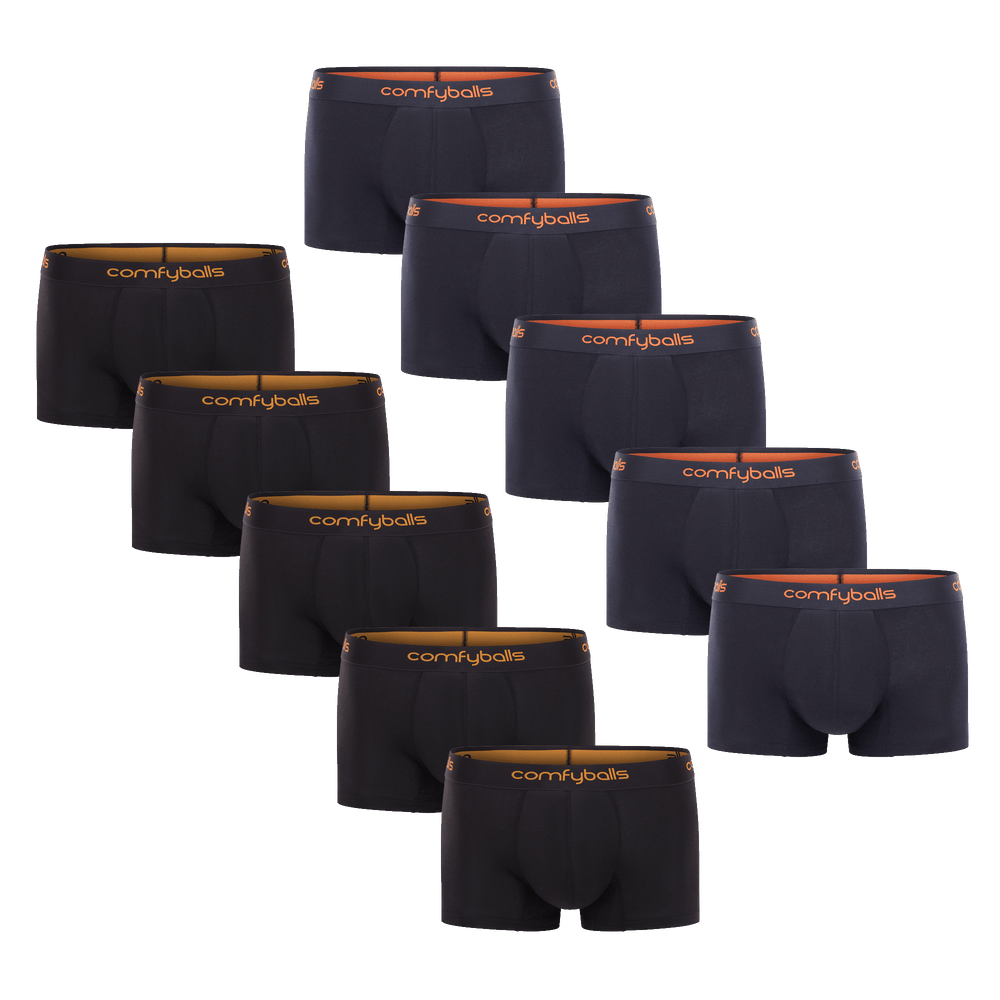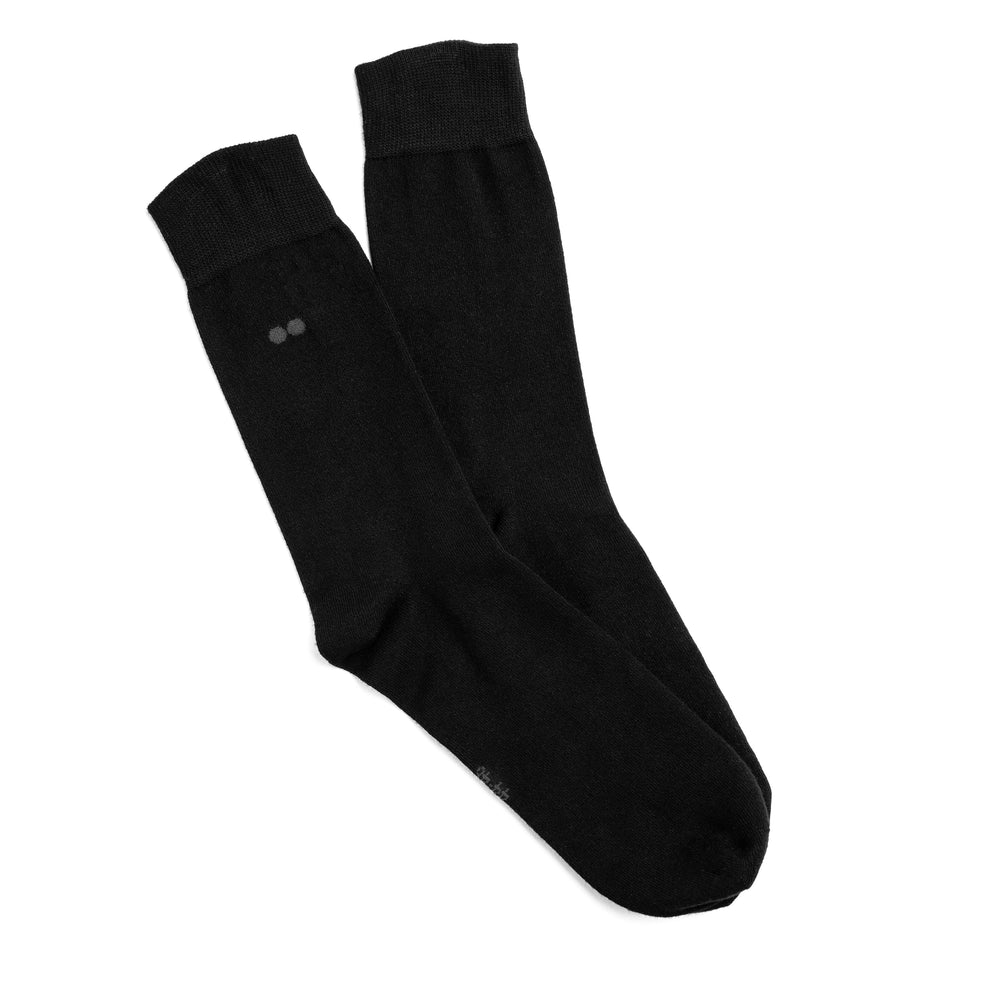All Comfyballs are now climate neutral!
We have worked on this for a looong time and are very excited to announce we've partnered up with ClimatePartner to OFFSET OUR CARBON EMISSIONS.
We have calculated our TOTAL CARBON EMISSIONS until our products are in YOUR, our customers' HANDS. Then WE OFFSET these emissions by participating in 3 carbon offset projects.
By choosing climate neutral products, you contribute to global climate protection and you support recognised carbon offset projects. You also contribute to achieving the United Nations' sustainable development goals, such as fighting poverty and improving living conditions in new and developing countries. The carbon offset projects have been tested and certified according to international standards, and ClimatePartner's certification process has been certified by TÜV Austria.
An average pair of underwear from Comfyballs/Comfy has a Product Carbon Footprint (PCF) of approx. 1,6kg CO2. This corresponds to the carbon footprint of ONE GLASS OF MILK (or 11 glasses of orange juice), or half a cheeseburger. Although this may seem marginal, the sum of many small individual efforts aggregates to a measurable impact.
We (and you) help finance 3 carbon offset projects:
- Hydropower for the habitat of mountain gorillas in a sanctuary in Congo.
- A wind energy project in Inner Mongolia for clean energy and jobs.
- A biomass project in India, turning sugar cane waste into energy.
What can you do to contribute even more?
You now know what we've done, but your own actions have an even larger impact. So here's what you can do:
- Wear it down, use the product until it literally falls apart. We are constantly working to make it more durable, but you too can make it last longer by
- Wash it colder - it says 40 degrees on our packaging. Many people are used to wash at 60. Our products easily handle 60, but 40 is plentiful! At 40 you are clean and you smell good!
- Use less wash powder/liquid. See if you can reduce the dosage. Often it doesn't impact the result, but you can use less.
- Recycle. Maybe difficult to convert underwear with holes into t-shirts, but you know what we mean.
- Wear inside out and only wash every 2nd time? Nah, forget we even said that. Technically possible, doesn't remove odors and dirt though.
Background
According to the UN, the clothing industry releases more greenhouse gases than all the world's planes and ships. 80 percent of emissions stem from clothing production, not transportation. In addition to the climate impacts, clothing production also cause local microfibre pollution and interfere with already scarce water resources.
Consumers are becoming more conscious of their clothing buying habits. Country of origin and fabric compositions are becoming important, in addition to a focus on prolonged use and recycling. So-called "fast fashion" means that large volumes of clothing are traded for the lowest possible price, which in turn leads to overproduction and huge waste problems. Furthermore, clothes are often produced in low-cost countries with very few regulations and sanctions related to worker’s rights, groundwater pollution, etc.











